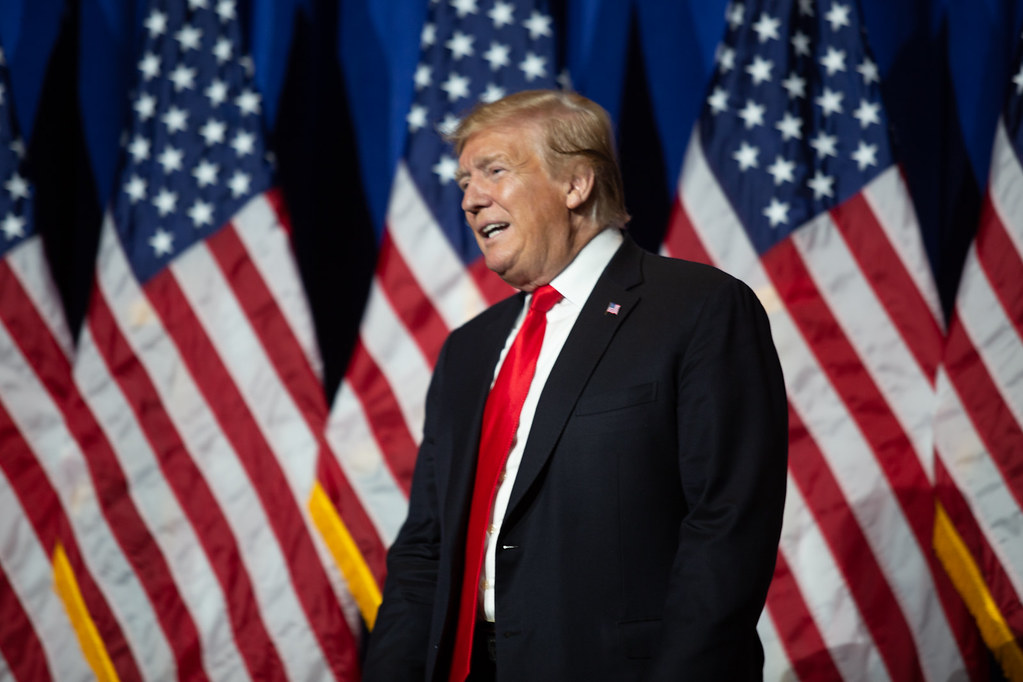Key takeaways:
- President Trump fired Federal Reserve board member Lisa Cook, a first in U.S. history.
- The move challenges the Fed’s long-standing independence.
- The core dispute hinges on what “for cause” really means.
- The court’s decision could reshape presidential power and the economy
Understanding the Federal Reserve and Its Role
The Federal Reserve runs the nation’s money system. It sets interest rates, fights inflation, and works to prevent financial crises. Congress created it in 1913 after banking panics shook the country. Unlike most agencies, Federal Reserve governors serve 14-year terms. This long term keeps politics at bay. By law, a governor can only be removed “for cause” before their term ends.
Presidents often criticize the Fed. Still, no president ever fired a member until now. Trump publicly sparred with Fed Chair Jerome Powell about interest rates. Yet actually removing a board member crosses a new line.
The Fight Over Federal Reserve Independence
In August 2025, Trump ally Bill Pulte announced a criminal referral about possible mortgage fraud by Lisa Cook. Trump then demanded Cook’s resignation. She refused. Five days later, Trump fired her.
Cook sued that same month to block her firing. Her suit argues that the Federal Reserve Act’s “for cause” phrase limits the president’s power. Trump’s team claims the fraud allegation qualifies as cause. Cook says those claims are unproven and politically motivated. If courts side with Cook, Trump’s firing could be reversed. If not, presidents might gain direct control of monetary policy.
What Sparked the Lawsuit?
First, a public referral cast doubt on Cook’s behavior. Next, Trump forced her out without clear legal backing. Finally, Cook filed suit on August 28, asking a judge to put her back on the board. This fast-moving case tests whether the president can dismiss independent officials at will.
Why It Matters to the Economy
The Federal Reserve guides decisions that touch every family’s wallet. When rates rise, loans get pricier. When rates fall, savers earn less. If presidents control these choices, policies might reflect political goals over expert advice. That could lead to wild swings in prices and job markets.
Turning Fed decisions into political tools risks higher inflation or sudden downturns. This case is not just legal—it could change how America manages its money.
The Fight Over “For Cause”
At its heart, the lawsuit asks: what is “for cause”? Does Congress mean to leave it vague? Or must courts set clear limits? Trump’s lawyers say the president alone defines cause. No court can overrule him. Cook counters that judges must review removal decisions. Otherwise, the Fed loses its independence. And the president would face no check on his power.
The Supreme Court recently struck down removal limits for other agencies. Yet it carved out the Federal Reserve as special. Justices called it a “distinct” and “quasi-private” agency, warning against political firings. Trump’s firing of Cook ignored this warning. Now lower courts must decide whether to enforce that message.
Possible Outcomes and Impact
If courts block Cook’s firing, presidents will need strong proof before removing Fed governors. The decision would reinforce the Fed’s independence and limit executive power.
If courts side with Trump, the Federal Reserve’s wall against politics could crumble. Future presidents might replace governors who disagree with them. This shift could tie monetary policy closely to election cycles. More broadly, it would expand presidential reach and weaken judicial checks.
What Comes Next?
This fall, appeals courts will review the case. It may land before the Supreme Court. Conservative justices have backed broad presidential power but also praised Fed independence. Their ruling will reveal whether they protect a century-old guardrail or expand executive authority.
Meanwhile, the Federal Reserve continues its work. Its experts set policy without direct presidential orders—at least for now.
FAQs
How can a Federal Reserve governor be fired?
The Federal Reserve Act says governors serve 14 years. The president can remove one only “for cause.” Courts now must decide what that phrase allows.
What qualifies as “for cause” under the Fed law?
Other laws list reasons like inefficiency or wrongdoing. The Fed law does not. That gap led to the current legal battle over its meaning.
Why did Lisa Cook sue to keep her position?
Cook argues that unproven allegations don’t meet the “for cause” standard. She also says the firing masks political motives.
Could this case reach the Supreme Court?
Yes. A final ruling could come from the Supreme Court. Its decision will set the rules for all independent agencies.

